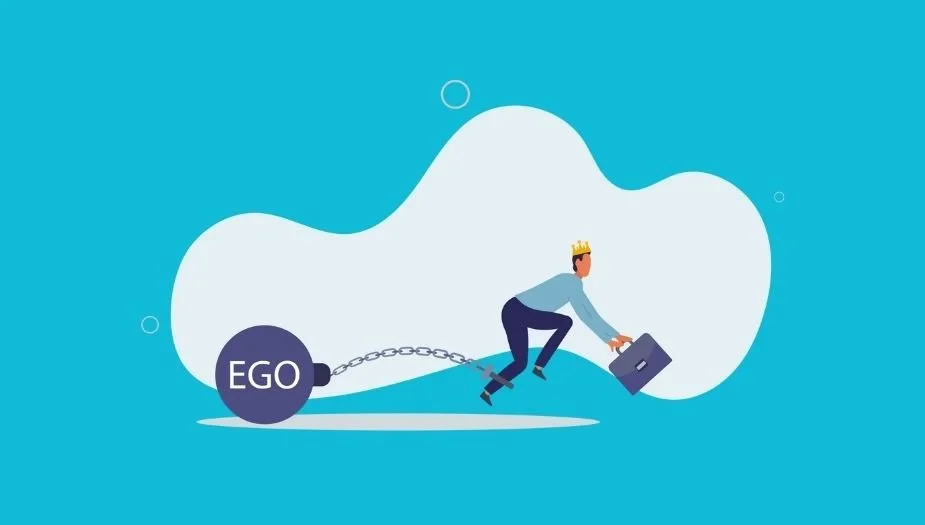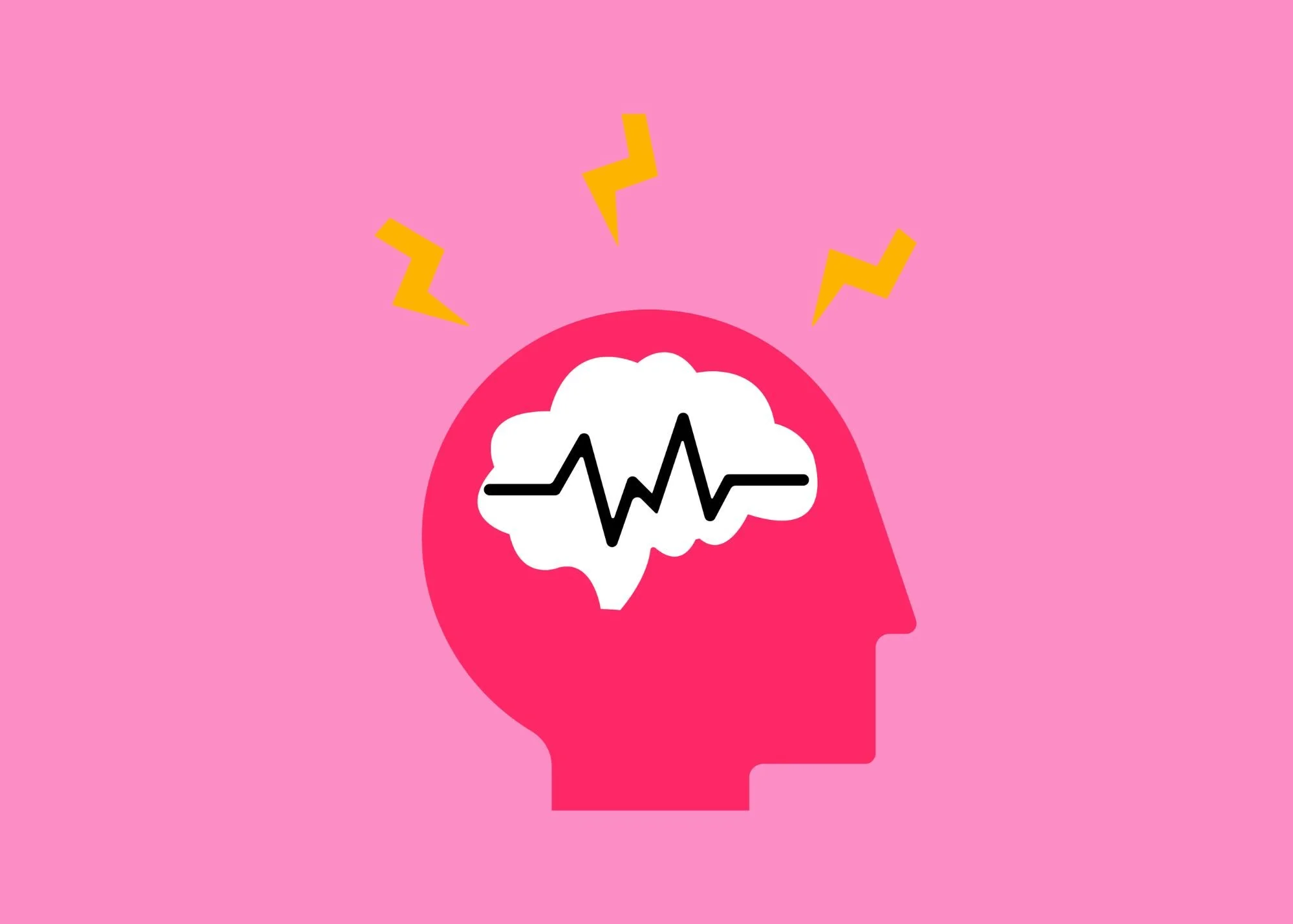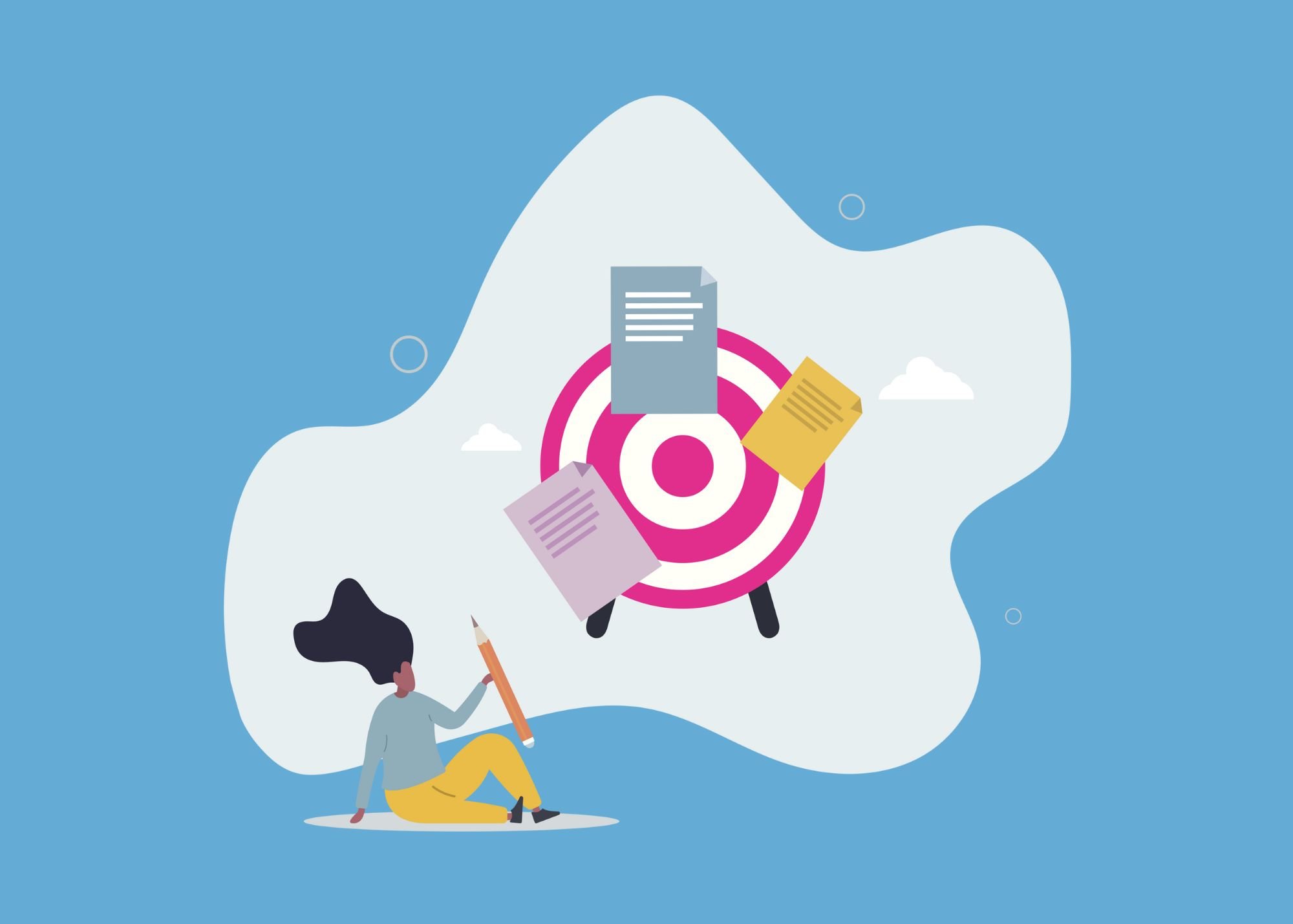The Dunning-Kruger Effect: People with Limited Competence Overestimate Their Abilities
What happens when confidence outruns competence?
Welcome to the Dunning-Kruger Effect—a psychological blindspot quietly sabotaging careers, crushing potential, and, yes, fueling the chronic stress and burnout epidemic among today’s high achievers.
Picture it:
The coworker who insists they can deliver a client presentation with zero prep... and then can’t even articulate the client’s actual needs.
Or the top performer who’s been quietly leading projects for years but downplays their expertise like it’s no big deal—missing out on promotions, raises, and recognition they’ve more than earned.
These aren’t personality quirks.
They’re the fingerprints of a well-documented cognitive bias that distorts how we assess our skills—and it’s wreaking havoc on your mental health, career trajectory, and resilience whether you realize it or not.
Let's unpack why the Dunning-Kruger effect hits high performers especially hard, how it fuels burnout, and what you can actually do about it (without turning into that delusional guy who thinks he’s the next Steve Jobs after reading half a business book).
What is the Dunning-Kruger Effect?
First described by psychologists David Dunning and Justin Kruger in 1999, the Dunning-Kruger effect is a cognitive bias where people with limited knowledge or skill in a domain dramatically overestimate their competence.
Translation:
The less you know, the more likely you are to think you're a genius.
Meanwhile, individuals with real expertise?
They tend to underestimate their abilities, assuming that what’s easy for them must be easy for everyone.
It’s a devastating double whammy:
Under-skilled people: Brimming with misplaced confidence.
Highly-skilled people: Haunted by unnecessary self-doubt.
And here’s the kicker: you are not immune.
No matter how many degrees, certifications, or accolades you’ve collected, the Dunning-Kruger effect can still sneak up on you—especially under chronic stress.
Why Does This Happen?
At its core, this phenomenon stems from metacognitive incompetence—basically, a lack of "thinking about your own thinking."
When you don’t know much about a field, you don’t know enough to realize how little you know.
Your brain fills in the gaps with (very misplaced) confidence.
It’s the equivalent of a toddler drawing a stick figure and assuming they’ve just painted the Mona Lisa.
On the flip side, actual experts do understand the complexity of a domain.
They see all the nuance, the gray areas, the 10,000 unseen steps behind a "simple" success—which makes them painfully aware of how much there’s still left to master.
It’s not about intelligence.
It’s about the limits of human self-assessment under stress, pressure, and... well, being human.
Real-World Examples: Where You’ve Definitely Seen This
The DIY Hero: Thinks watching two YouTube videos qualifies them to rewire their entire kitchen. Cue the electrical fire.
The Loudest Voice in the Meeting: The one tossing around buzzwords without understanding the actual business strategy—and somehow derailing a six-month project.
The Burnt-Out High Achiever: Believes that because leading that complex initiative felt "easy," it must not have been valuable. Spoiler: It was. You just made it look easy.
The Dunning-Kruger effect isn’t rare.
It’s baked into corporate culture, startup life, and even your everyday self-talk—and left unchecked, it can quietly push you toward chronic stress and eventual burnout.
The Hidden Danger for High Achievers
You might be thinking:
"Sure, those overconfident amateurs need to check themselves. But I’m a high performer. I’m too busy managing real problems to fall into this trap."
Think again.
For high achievers, the Dunning-Kruger effect is a stealth saboteur that works differently but no less destructively:
You underestimate your capabilities and downplay your expertise.
You overcommit to tasks others should be handling.
You internalize stress because you believe you “should” be able to do it all, effortlessly.
You burn out from carrying invisible cognitive and emotional labor without asking for recognition, support, or help.
The result? Chronic exhaustion, imposter syndrome, lost opportunities, and a career that feels increasingly unsustainable.
In short:
You’re not just fighting workload or bad bosses—you’re fighting your own brain.
But Wait—Is the Dunning-Kruger Effect Even Real?
Like any good psychological theory that catches fire, the Dunning-Kruger effect has its critics.
Some data scientists argue that it’s a statistical artifact—essentially an optical illusion created by how test scores are distributed.
Fair point.
But here’s the bigger picture: Whether or not the "effect" perfectly maps onto every dataset, the lived experience of misjudging your competence—or misreading others'—is very, very real.
And if you’re a stressed, high-performing professional navigating high-stakes environments?
Ignoring the patterns just because the debate isn’t 100% settled would be like refusing to use sunscreen because scientists are still studying the exact SPF you need.
How Chronic Stress Makes It Worse
Stress shrinks your bandwidth for self-awareness.
Under chronic cortisol load, your brain defaults to shortcuts: snap judgments, oversimplifications, and distorted self-assessments.
You might underplay your expertise because exhaustion clouds your sense of perspective.
You might overestimate your bandwidth because adrenaline tricks you into thinking you can power through anything.
You might miss critical feedback because your brain is too busy surviving the next fire drill.
In a nutshell:
Stress doesn’t just make you tired.
It actively erodes your ability to accurately assess yourself and your work.
And if you don’t address it, you’ll keep setting yourself up for unrealistic expectations, unfair workloads, and inevitable burnout cycles.
How to Outsmart the Dunning-Kruger Effect (and Save Your Sanity)
Here’s the good news:
You can beat it.
You just have to train your brain differently—like a high-performance athlete sharpening their edge.
1. Calibrate Your Confidence Regularly
Reality-check your self-assessments against actual feedback and objective metrics, not just your gut feeling.
Ask trusted mentors or colleagues for honest evaluations.
Compare your work to industry standards, not your personal standards of perfection.
Separate feelings ("I feel like I’m failing") from facts ("I delivered that project under budget and ahead of schedule").
Pro tip:
Confidence built on evidence is bulletproof. Ego built on assumption is a ticking time bomb.
2. Normalize Asking for Help
Being a high achiever doesn’t mean doing everything alone.
In fact, thinking you should be able to figure it all out yourself is another Dunning-Kruger trap—assuming you should know what you couldn’t possibly know yet.
Smart professionals seek expert input.
They delegate.
They collaborate.
They stay curious.
That’s not weakness. That’s how you stay at the top of your game without collapsing.
3. Recognize Your Zone of Genius (and Protect It)
Tasks that feel effortless to you aren’t worthless—they’re your superpowers.
Stop dismissing them just because they don’t drain you.
Document the skills, traits, and talents you bring to the table that others admire (even if you think "everyone" can do it—they can’t).
Own them.
Advocate for them.
Price them accordingly.
You don’t get a burnout medal for being humble to the point of invisibility.
4. Practice Tactical Humility
Confidence doesn’t mean pretending you know everything.
It means knowing what you do know—and being smart enough to keep learning what you don’t.
Tactical humility is your secret weapon:
Admit what you don’t know.
Ask good questions.
Seek better answers.
Stay fiercely committed to growth over image.
High performers who master this are unstoppable—and resilient as hell.
5. Prioritize Recovery Like a Performance Metric
If you want clear thinking, sharp decision-making, and accurate self-assessment, you can’t treat recovery like a luxury.
It’s a necessity.
Sleep: Non-negotiable.
Movement: Daily, even if it’s 15 minutes.
Boundaries: Ruthless protection of time and energy.
You are not a laptop that just needs another software update.
You’re a human being with biological limits—and honoring them makes you more effective, not less.
Final Thoughts: Stop Fighting Your Brain. Start Leading It.
The Dunning-Kruger effect isn’t about blaming yourself for cognitive biases.
It’s about outsmarting them—strategically, compassionately, relentlessly.
Because the real threat to high achievers isn't a lack of talent.
It’s burnout driven by distorted self-perception, chronic over-functioning, and the endless hamster wheel of "proving" your worth.
You don't need to be more.
You need to see yourself clearly.
You need to lead yourself differently.
And when you do?
The results aren’t just better health and happiness (though you’ll get those, too).
You become the kind of leader, performer, and human that actually changes the game.
Need Help? Let’s find your center and realign to reality.
💡 Let’s reconnect your goals to what fuels your spirit. Book your free 20-minute consult today.
Article References
The sources cited in the article:
Psychology Today (PT). “Dunning Kruger Effect.” PT - Dunning Kruger Effect
The NYTimes (NYT). “The Dunning-Kruger Effect: Why Incompetence Begets Confidence.” NYT - Dunning Kruger Effect
Forbes. “Dunning Kruger Effect Shows Why Some People Think They’re Great Even When Their Work Is Terrible.” Forbes - DK Effect
Verywell Mind (VM). “How the Dunning Kruger Effect Works.” VM - How the Dunning Kruger Effect Works
The Decision Lab (TDL). "Why Do We Fail to Accurately Gauge Our Own Abilities?” TDL - Why Do We Fail To Gauge Our Own Abilities?






